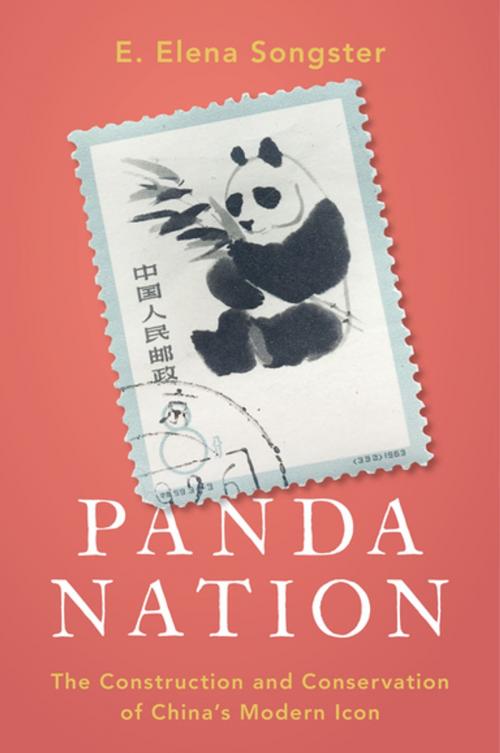Panda Nation
The Construction and Conservation of China's Modern Icon
Nonfiction, History, Asian, China, Science & Nature, Science, Other Sciences| Author: | E. Elena Songster | ISBN: | 9780199393695 |
| Publisher: | Oxford University Press | Publication: | March 16, 2018 |
| Imprint: | Oxford University Press | Language: | English |
| Author: | E. Elena Songster |
| ISBN: | 9780199393695 |
| Publisher: | Oxford University Press |
| Publication: | March 16, 2018 |
| Imprint: | Oxford University Press |
| Language: | English |
A logo on products ranging from chopsticks and toilet paper to cell phones and automobiles, the panda is one of the most ubiquitous images in China and throughout the world. Yet the panda holds little notable historical significance in China. Although it has existed in the territory of present-day China since the Pliocene epoch, its widespread popularity there is not only recent, but almost sudden. In Panda Nation, E. Elena Songster links the emergence of the giant panda as a national symbol to the development of nature protection in the People's Republic of China. The panda's transformation into a national treasure exemplifies China's efforts in the mid-twentieth century to distinguish itself as a nation through government-directed science and popular nationalism. The story of the panda's iconic rise offers a striking reflection of China's recent and dramatic ascent as a nation in global status.
A logo on products ranging from chopsticks and toilet paper to cell phones and automobiles, the panda is one of the most ubiquitous images in China and throughout the world. Yet the panda holds little notable historical significance in China. Although it has existed in the territory of present-day China since the Pliocene epoch, its widespread popularity there is not only recent, but almost sudden. In Panda Nation, E. Elena Songster links the emergence of the giant panda as a national symbol to the development of nature protection in the People's Republic of China. The panda's transformation into a national treasure exemplifies China's efforts in the mid-twentieth century to distinguish itself as a nation through government-directed science and popular nationalism. The story of the panda's iconic rise offers a striking reflection of China's recent and dramatic ascent as a nation in global status.















